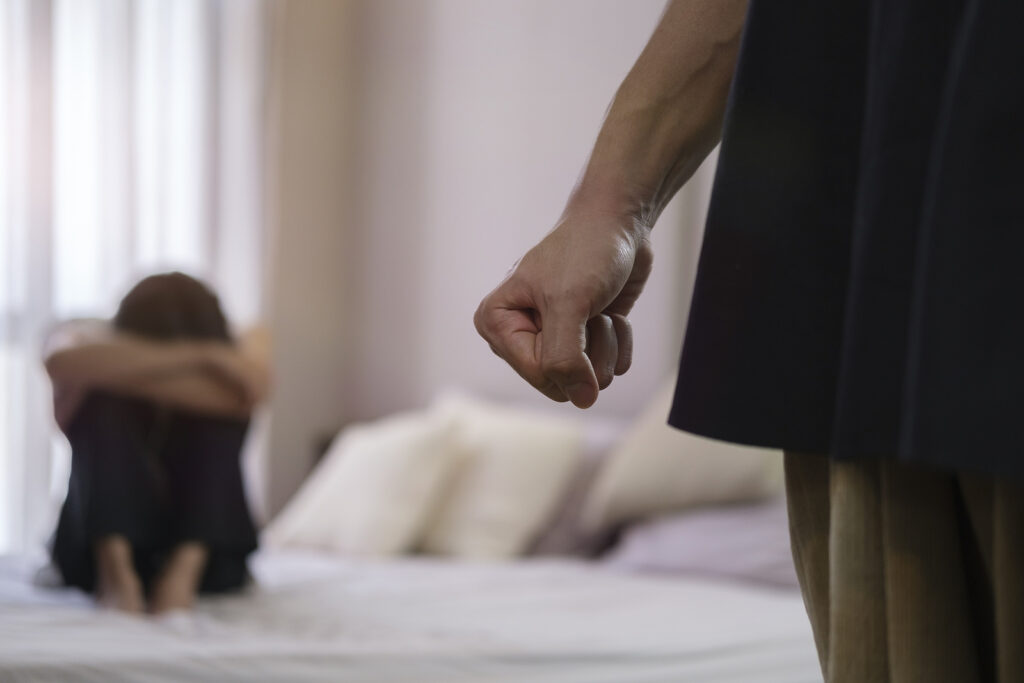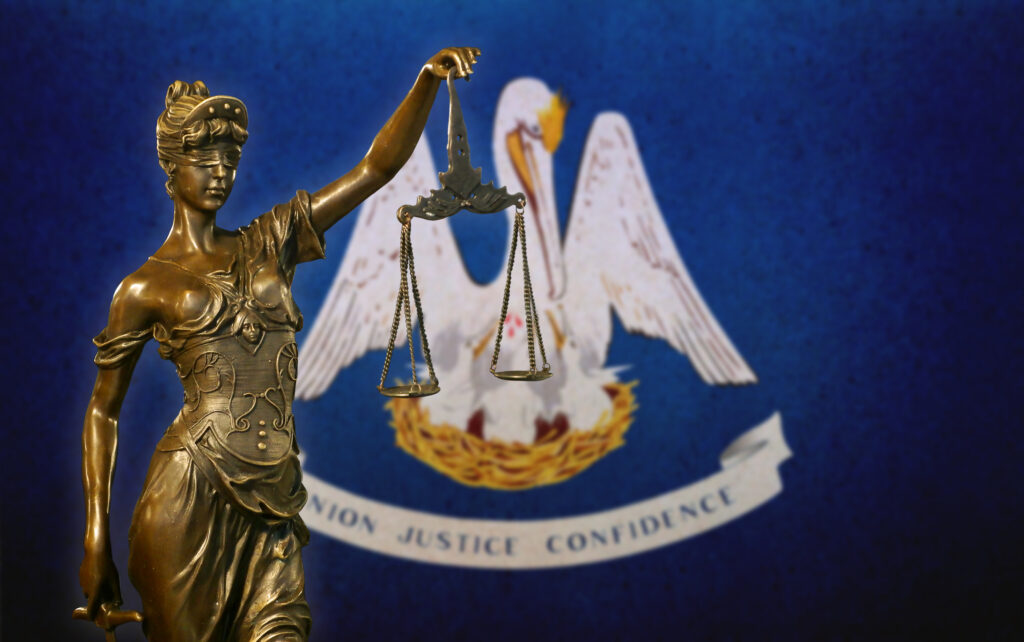Blog
How Long Do Domestic Violence Charges Stay on Your Record?
Understanding the Legal Timeline and What too Expect If you’ve been accused…
Drug Possession vs. Drug Trafficking: Key Differences in Legal Penalties in Louisian
Standing Up For You in Louisiana If you are being charged with…
How Can Juvenile Offenders Avoid Jail Time for Criminal Charges?
If Your Child is Arrested, What Steps Should You Take? If your…
How Much Does a Criminal Defense Attorney Cost in Louisiana?
Securing competent legal representation for your criminal defense can be a determining…




